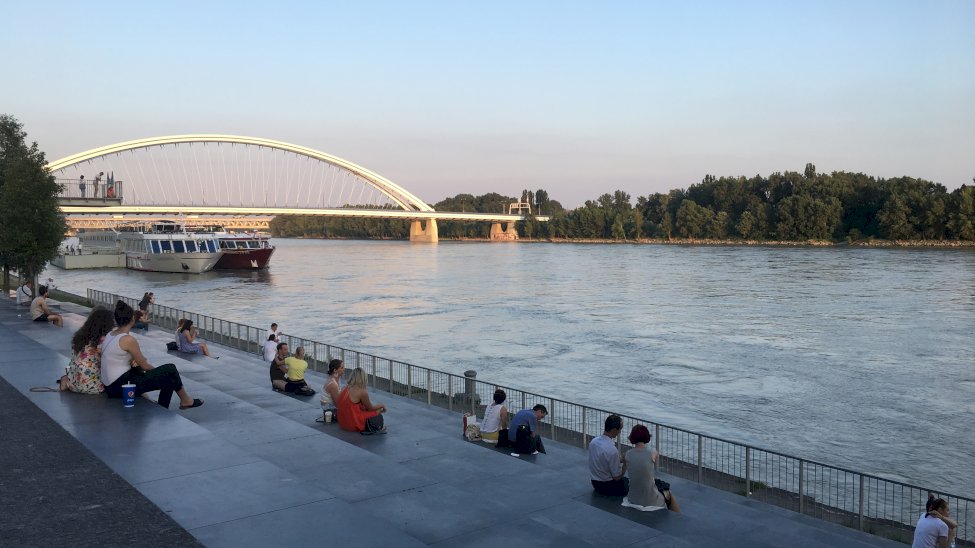There were 67 different sessions running throughout the first full day of the 24th WONCA Europe Conference. Here is a brief snapshot of just a few that were held during the day.
Breast cancer screening in Europe: from reality to evidence
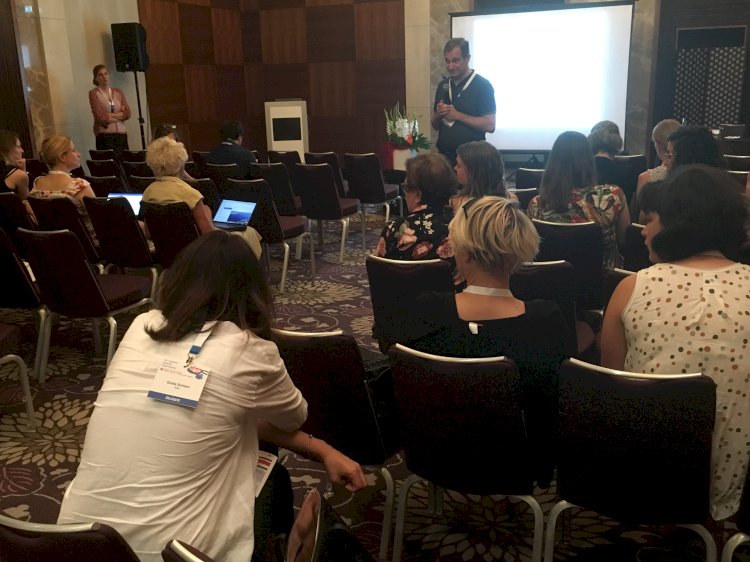
Rosália Páscoa and Carlos Martins - Department of Community Medicine, Information and Decision in Health (MEDCIDS), EUROPREV, Faculty of Medicine of the University of Porto, Guifoes, Portugal
Emmily Schaubroeck, Vasco da Gama Movement, Brussels, Belgium
In recent years, the benefits and harms of breast cancer screening have been widely debated. The reality of this screening in European countries is often different. It is critical to identify dissonances with the best available evidence, in order to ensure that patients’ preferences and values are also integrated into the decision of undergoing or not this screening.
This session discussed the reality of breast cancer screening in different European countries, the role of family doctors in breast cancer screening and, particularly, in approaching its benefits and harms, and it acknowledged the best available evidence related to breast cancer screening.
Educational Training Requirements for GP training: what does it mean in practice?
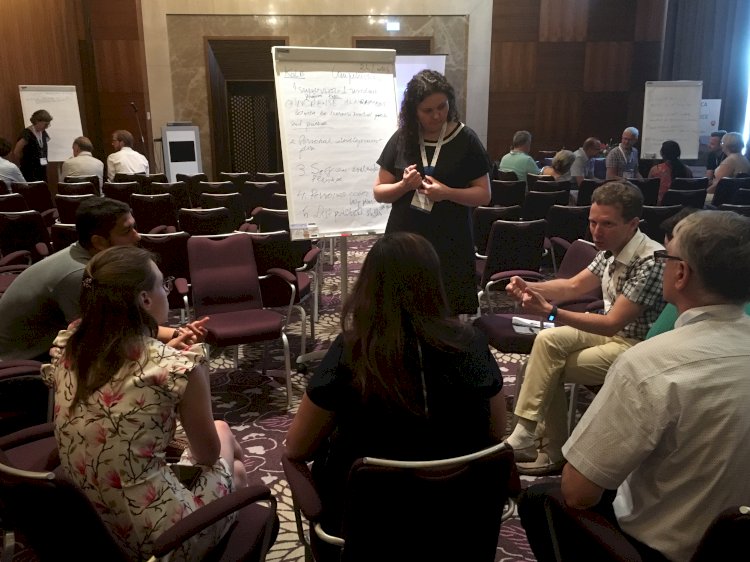
Nele Michels, Center for General Practice, Faculty of Medicine and Health Sciences, University of Antwerp and EURACT, Antwerp, Belgium
Chloé Delacour, Département de Medicine Général, University of Strasbourg, Strasbourg, France
Nynke Scherpbier, Radboud Institute for Health Sciences, Radboud UMC, Nijmegen, Netherlands
Roar Maagaard, Centre for Health Sciences Education, Aarhus University, Aarhus, Denmark
The EURACT Specialty Training Committee recently wrote Educational Training Requirements (ETR) for GP/FM Specialty Training (Europe). The guideline has an advisory, informative and non-exhaustive character and is an inspiration for all institutions and countries to bring their GP/FM Specialty Training on the highest standards. The aim of the workshop was to discuss how this ETR guideline (theory) can be brought into practice.
Plenary Lecture 2: "A balanced approach to patients with functional somatic disorders"
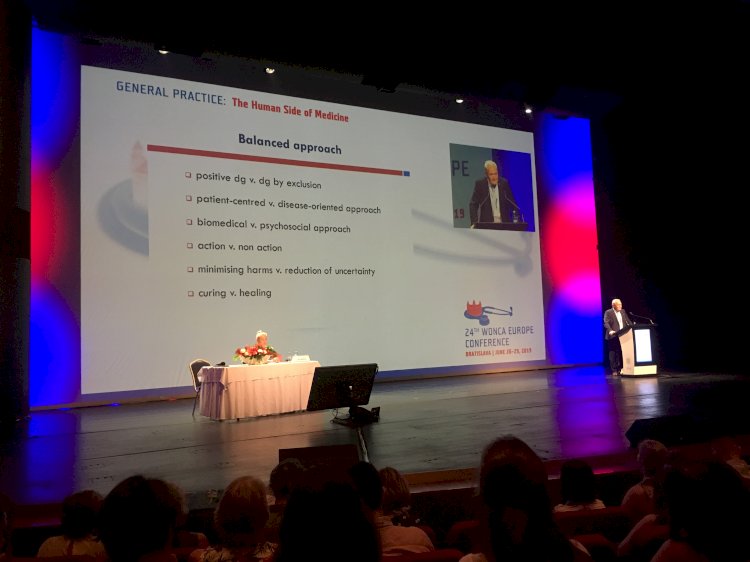
Bohumil Seifert, General Practice, Czech Society of General Practice, Prague, Czech Republic
Patients with functional somatic disorders are different from the usual patient. From the patient perspective they often feed lost in the health system. Consultation and communication skills with these patients is a prerequiste, and a balanced approach is key. In the management of functional somatic disorders a GP should balance the doctor- and patient-centered interventions and master the human side of medicine.
"My wish for you is to be evaluated the best possible way by your patient."
The WONCA Europe Open Meeting: The primary care at a digital crossroads
Moderator
Harris Lygidakis, (immediate past) Honorary Secretary of WONCA Europe, PhD student at the University of Luxembourg
Speakers
Clayton Hamilton, Division of Health Systems and Public Health, World Health Organization Regional Office for Europe, Denmark
Nick Guidemond, Erasmus School of Health Policy and Management, Erasmus University, Netherlands
Panelists
Radoslav Herda, founder of two patient organizations SLOVAK PATIENT and Slovak Alliance of Rare Diseases
Anna Stavdal, WONCA President Elect
Andree Rochefort, Director of Quality Improvement & Doctors Health in Practice Programme, Irish College of GPs
Pramendra Prasad Gupta, Chair of the WONCA Working Party on eHealth
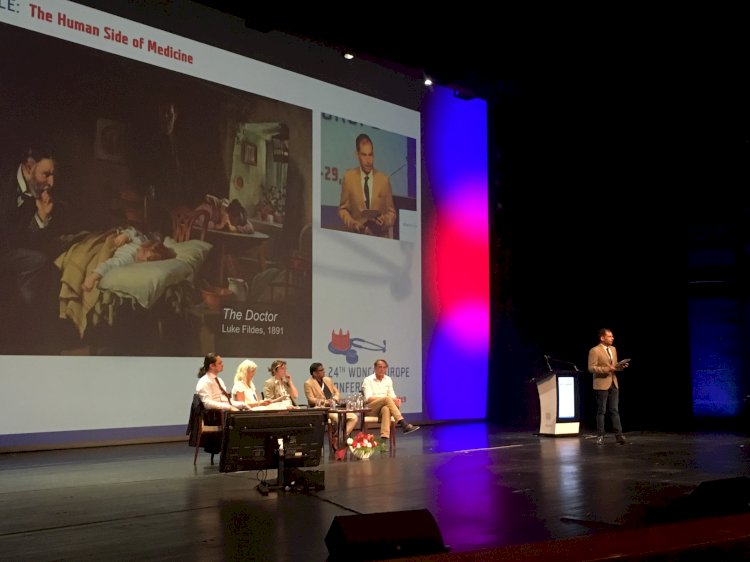
Digital health is increasingly playing a role in supporting health care systems to deliver equitable, affordable and high-quality services. However, a wide range of innovations are also disrupting health care. What does all this mean for patients, family doctors and the primary health care team? How can we ensure focus on quality of care, patient safety, accessibility and sustainability?
"We have to carefully look where we invest money in digial health."
Nick Guidemond
This session solicited opinions and the experience of a panel to attain an understanding of how digitalisation is changing the primary care landscape, which the expected and unforeseen implications may be, and how trust can be established.
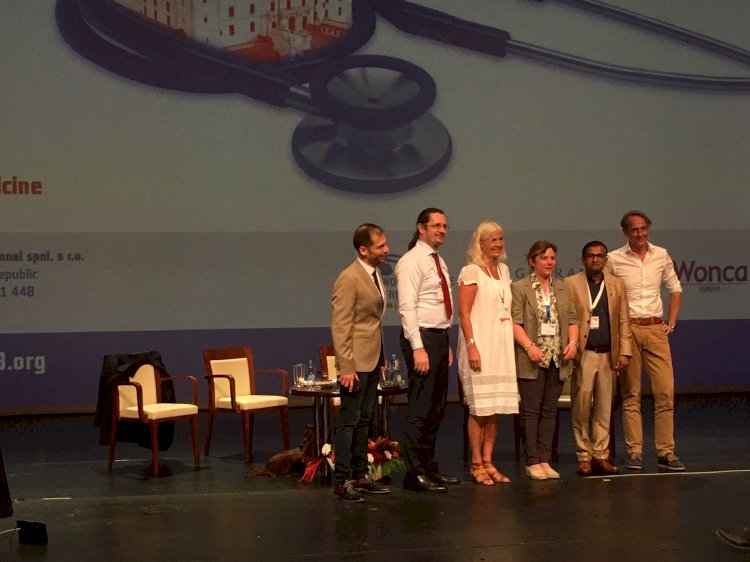
"We have to ask ourselves how digital health and tools effect our core values."
Anna Stavdal
Plenary Lecture 3: "Is primary care research important?"
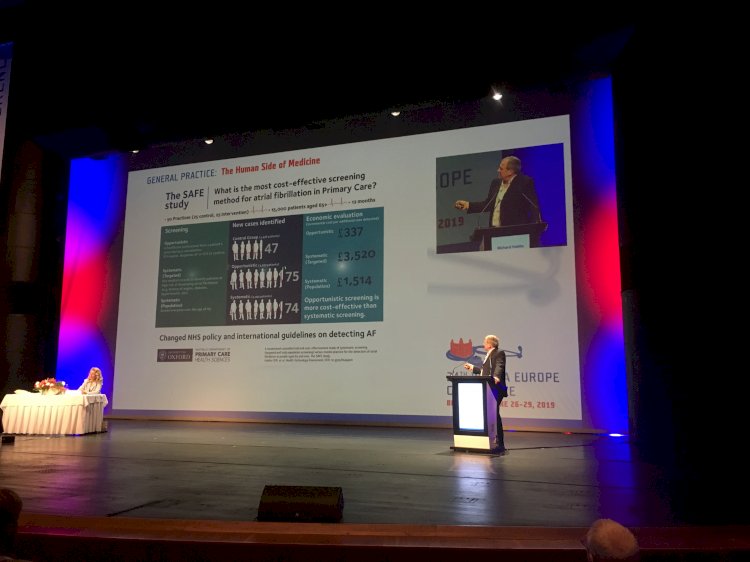
Richard Hobbs, University of Oxford, Oxford, United Kingdom
Applied research can highlight the importance of more research that answers questions relevant to primary care, especially with health service changes in many countries that result in most patients with chronic disease being managed in primary care. This keynote speech considered whether primary care research is important or not, and whether academic primary care has helped enable a greater research capacity in the complex environment of general practice to host more and better research.
"It is very important for health systems to recognise that research is an essential component for health service delivery."
Describing rural medical education across Europe: identifying the good practice and the gaps
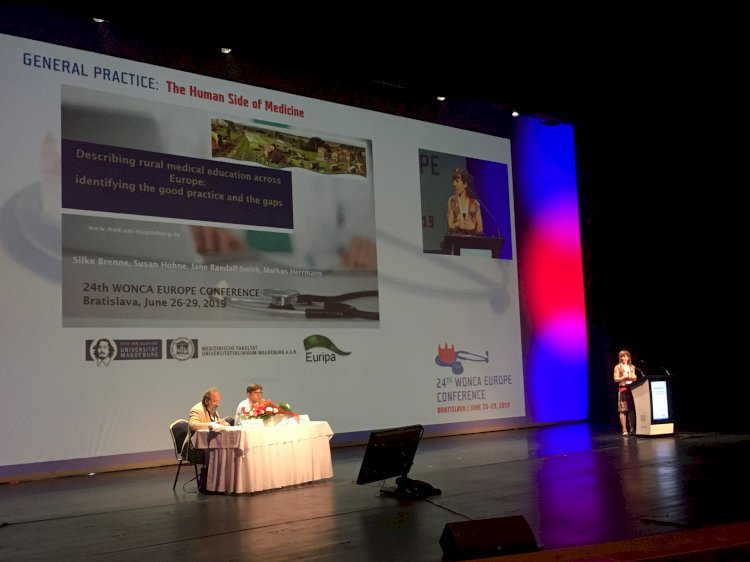
Silke Brenne, Susan Höhne, Markus Herrmann - Institute for General Practice and Familiy Medicine, Otto-von-Guericke-Universität Magdeburg, Faculty of Medicine, Magdeburg, Germany
Jane Randall-Smith - Euripa, Montgomery, Wales, United Kingdom
The findings of a survey of the European experiences in teaching rural health were presented during theissession, exploring what is happening from school student recruitment in rural areas, in medical school, GP training through to CPD with examples of good practice in European rural medical training programs. The session concluded emphasising that international experience of rural-pipeline-to-practice programs is already available. The exchange of experts can help to take the agenda forward.
"Networking for exchange of experiences in recruiting for teaching and lecturing in rural health is needed."
Silke Brenne
WORKSHOP: VdGM Exchanges: Primary Care Without Borders
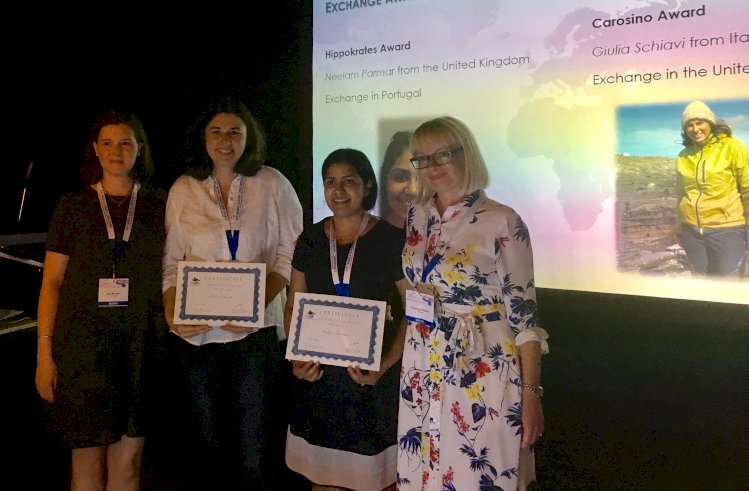
Claire Marie Thomas,Vasco da Gama Movement, London, United Kingdom
Nina Monteiro, Vasco da Gama Movement, Porto, Portugal
Rianne van Vliet, Vasco da Gama Movement, The Hague, Netherlands
One of the most well known activities promoted by the Vasco da Gama Movement is its exchange program, an ever-growing area.
VdGM awarded the best urban and rural exchanges fulfilled during 2018: the Hippokrates and Carosino Awards. The winners of the 2019 Exchange Prizes presented their inspiring experiences.
Hippokrates Award: Neelam Parmar from the UK, exchange in Portugal
Carosino Award: Giulia Schiavi from Italy, exchange in the United Kingdom

